There is beauty in the undone.
Last week, we talked a little bit about Abraham and Sarah, and the miraculous birth of their son Isaac, specifically looking at Romans 4. Take another glance at verses 18-21 for a quick refresher:
Against all hope, Abraham in hope believed and so became the father of many nations, just as it had been said to him, “So shall your offspring be.” Without weakening in his faith, he faced the fact that his body was as good as dead—since he was about a hundred years old—and that Sarah’s womb was also dead. Yet he did not waver through unbelief regarding the promise of God, but was strengthened in his faith and gave glory to God, being fully persuaded that God had power to do what he had promised.
[Romans 4:18-21, NIV]
He faced the fact. He did not ignore the fact that his body was as good as dead or that Sarah was beyond child-bearing years. I find it interesting that Paul describes Abraham’s body as “good as dead,” suggesting that he still has a slim chance of reproducing. If we’re only talking about Abraham here, then there might be a shot. But when Paul describes Sarah’s womb, he uses absolute language: dead. As in, completely not alive. Zero percent chance she will be shopping in the maternity section anytime soon. The two Greek words Paul uses to describe Abraham and Sarah’s bodies are from the same origin, however where Abraham’s descriptor – by definition – carries a metaphorical intention, Sarah’s does not. Her womb was definitely out of commission, so Isaac’s existence was a bonafide miracle.
And all of this makes me wonder: what would have happened if Abraham did not face the facts? Imagine that he went around declaring that Sarah was a ripe and fertile twenty years old when she was clearly pushing ninety. Imagine Sarah sitting at her bedside table, brushing her graying hair, desperately trying to control its newly-wiry texture in that Canaan heat, when her husband hits her with some kind of raven-haired beauty comment. Is this man oblivious, or just hitting the wine barrel a little too hard?
Of course this scene sounds ludacris to us, but aren’t we guilty of the same thing in our own right? I submit the following scenario as evidence: It’s Sunday morning, and as you make your way through the church lobby, someone passes by you with a brief, “Hey! Good to see you! How are things?” as they continue walking. You respond with an equally efficient and positively churchy “It is well with my soul!” knowing that you’ve just gone through the hardest breakup of your life AND in the last two days, you’ve gotten 3 overdraft notices, with payday still a week away AND tomorrow is your 30th birthday so you should really have it together by now, so let’s just go ahead and dump a few layers of guilt and shame on top of all the other emotions rolling around inside your soul that is so. not. well.
Personal anecdote: staring at my sweet little three digit account balance and declaring that I’m blessed and highly favored – true as it may be – does not a millionaire make…not that I’ve tried it. At least not this week…
So what might have happened if Abraham had not faced the facts? We will never know. But what we do know is that he did face the facts. After which Abraham not only received the promise, but his unwavering faith was also credited to him as righteousness, meaning it had long-range kingdom impact. Sounds like some exceedingly and abundantly more kind of stuff to me.
What does this mean for us? Well, I think step one of discovering the meaning and purpose of our own personal here is acceptance. We face the facts. We do not lie to ourselves about the facts, and we don’t bury our heads in the sand and pray for here to become there, all the while refusing to look up and notice what’s going on in and around us.
Step one of discovering the meaning and purpose of our own personal here is acceptance.
We accept that we. are. here.
Can I take a quick sec and be super vulnerable? Generally, I’m not afraid of this, but for some reason, my hands are shaking as I type this, which I think is a pretty strong indicator that I need to say it. (Thank you, sweet friend, for being a safe space to share this.)
I’m currently living in a metaphorical here that I never, ever wanted. And while it may seem trivial to some, it is deeply personal to me. Growing up in the church, I can recall seeing women in ministry who were single well into their 30s and 40s and beyond (I realize being single and in your 30s is not a big deal – but in midwest church culture, where I live, it’s huge). Some of these women’s stories consisted of waiting on the Lord for a spouse and a family, and man oh man did He ever deliver for them! C’mon Jesus! Others told stories about how the Lord led them to adoption and single motherhood, and it was by far the biggest blessing of their life. Still others stood up in front of me and all my college friends, declaring how incredibly fruitful their single lives had been for the Kingdom. I was always in awe of their stories. Inspired, even.
Still, I never wanted their stories to be my story.
I never wanted their stories to be my story.


“He has not put down the pen”…just about the best thing ever!
Living with this reminder daily!
Thanks for your blog, nice to read. Do not stop.
Thank you 🙏🏼